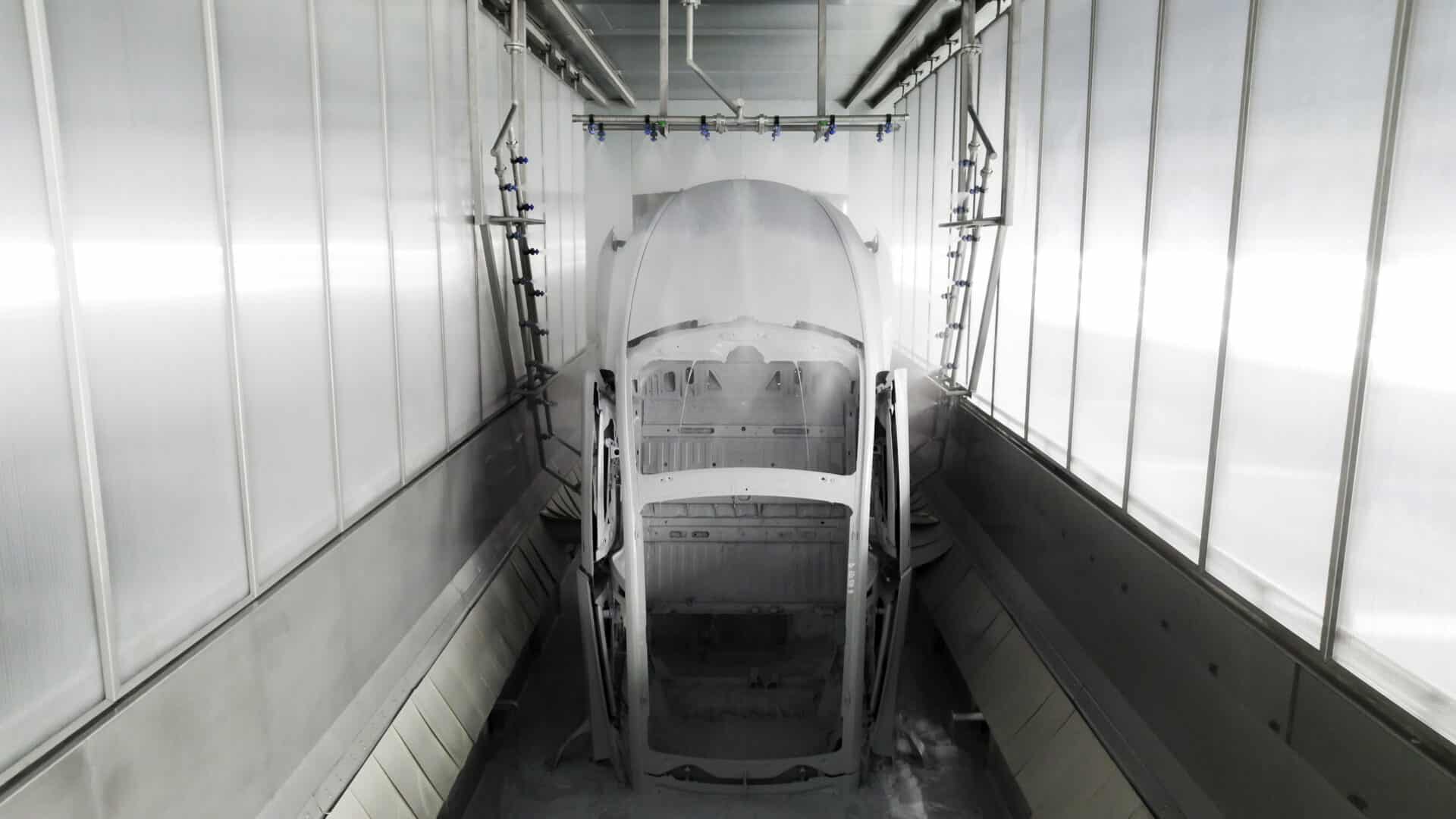An electric car manufacturer, Tesla, has reported results that were significantly below market expectations. The company is feeling the heat from competitors in the Chinese market, forcing it to make substantial cuts to its pricing. Combined with an oversaturated automotive market, where there is a noticeable consumer shift towards hybrid vehicles, Tesla’s challenges are mounting.
Despite the disappointing results, investors were captivated by news of accelerated production plans for new models slated for the second half of 2025. Balancing the adjustment of current production lines with the introduction of new products remains the company’s primary challenge, negatively impacting its performance. In response to this news, Tesla’s stock price rose by 6.8% after market close.
Tesla reported revenues of $21.30 billion, an 8.7% year-over-year decline, which was also 8.7% lower than market projections. Lower sales volumes, which ultimately totaled 386,810 vehicles (a 9% year-over-year decrease), coupled with price reductions, pushed revenues below expectations. Despite improvements in the Energy Generation and Storage (+6.93% year-over-year) and Services and Other (+24.12% year-over-year) segments, these were not enough to offset declines in the crucial Vehicles segment, where sales fell by 13% year-over-year and were 11% below expectations.
Tesla’s profitability also suffered in Q1 2024. The company recorded an operating profit of $1.17 billion, a 32.5% decrease from consensus estimates and a 56% drop year-over-year. A significant decline in profitability was primarily due to increased operational expenses related to the development of projects, including those utilizing artificial intelligence.
The company noted that the deterioration in results for 1Q24 was linked to a series of challenges faced during the first three months of the year, including arson attacks at the Gigafactory in Berlin and conflicts in the Red Sea area. The global electric car market is currently facing challenges from strong competition from hybrid vehicles. Despite the tough environment, the company is aggressively investing in further development of its projects, which is impacting its cash flow. Tesla’s operational cash flow was only $242 million, marking the worst result in three years.
On an EPS level, Tesla reported $1.54, down 24.1% from expectations and 39% year-over-year, while the adjusted EBITDA level reached the lowest values since Q2 2022, continuing a downward trend that began in mid-2023.
Author: Tymoteusz Turski, XTB analyst
